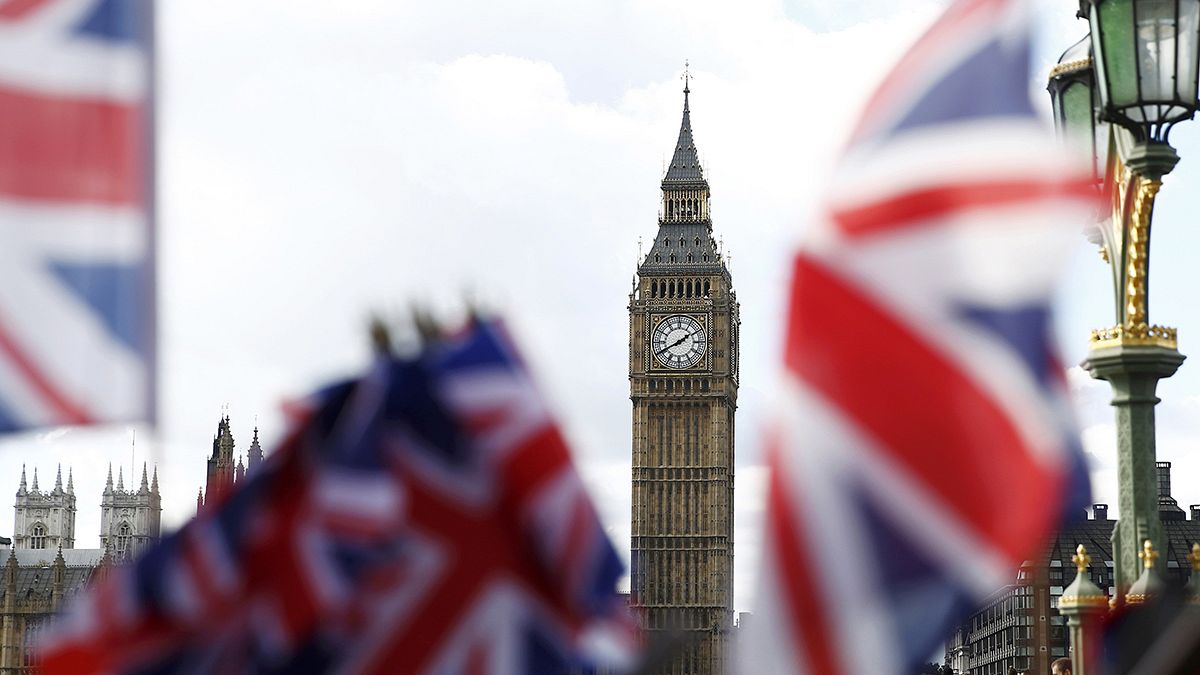Ahead of Wednesday’s parliamentary debate on Brexit, UK Prime Minister Theresa May faced questions on the thorny topic in the House of Commons.
Ahead of Wednesday’s parliamentary debate on Brexit, UK Prime Minister Theresa May faced questions on the thorny topic in the House of Commons.
She has ruled out letting MPs vote on triggering the procedure to leave the European Union and won’t commit to keeping Britain in the EU’s single market.
“What we are going to do is be ambitious in our negotiations, to negotiate the best deal for the British people and that will include the maximum possible access to the European market for firms to trade with and operate within the European market,” May told the weekly ‘Prime Minister’s Questions’ session.
Theresa May signals further doubts over single market membership https://t.co/pIAlhmjY5Z by @richard_kaputt#PMQs#Brexitpic.twitter.com/SHIb6q8HUt
— Press Association (@PA) 12 octobre 2016
“Someone once said that leaving the Single Market would risk a loss of investors and business and we risk going backwards when it comes to international trade. That person is now the prime minister and that was before the referendum,” said opposition Labour leader Jeremy Corbyn, suggesting May was risking “a shambolic Tory Brexit”.
The fall of the pound has triggered concern since June’s vote to leave the bloc. Whatever the fears, the government insists the process must be handled in a way that respects the decision of the British people.
Late on Tuesday, May moved to appease some MPs in her ruling Conservative Party by allowing a motion proposed by the opposition Labour Party for a “full and transparent debate” on how the government will enact the public vote to leave the EU.
The move spurred sterling, which has fallen 18 percent against the dollar since the referendum, with investors concerned that Britain is heading for a so-called “hard Brexit”, or a clean break from the bloc’s lucrative single market of 500 million consumers in order to control immigration.
“We’ve always said that parliament has an important role to play,” May’s spokeswoman said on Wednesday morning.
“But we also believe this should be done in a way that respects the decision of the people of the UK when they voted to leave the EU on 23 June and does not undermine the negotiating position of the government.”
“There will not be a vote on triggering Article 50.”
Reports say Tories’ hard Brexit could cost the country up to £66 billion a year. Theresa May’s Government must stop playing political games. pic.twitter.com/rbRXhn0ucS
— The Labour Party (@UKLabour) 11 octobre 2016
Appointed prime minister shortly after the referendum on EU membership to replace David Cameron who resigned, May has come under pressure to break with her policy of refusing to give a “running commentary”.
She says she does not want to show her hand before starting some of the most complex negotiations London has ever undertaken.
Investors fear that with three leading Brexit campaigners among her closest advisers, May is taking Britain towards a “hard Brexit”.
On Tuesday, several senior bankers said they could start moving staff abroad as early as next year if there was no clarity on access to the single market.
Trying to calm financial markets, May’s aides say the prime minister has not ruled out winning access to the single market and sources close to her indicate that the government still has a long way to go before coming up with a clear stance.
May has said she will trigger Article 50 by the end of March next year.
I want to be absolutely clear. There will be no unnecessary delays in invoking Article 50. pic.twitter.com/xSmfzhiGTn
— Theresa May (@theresa_may) 2 octobre 2016
